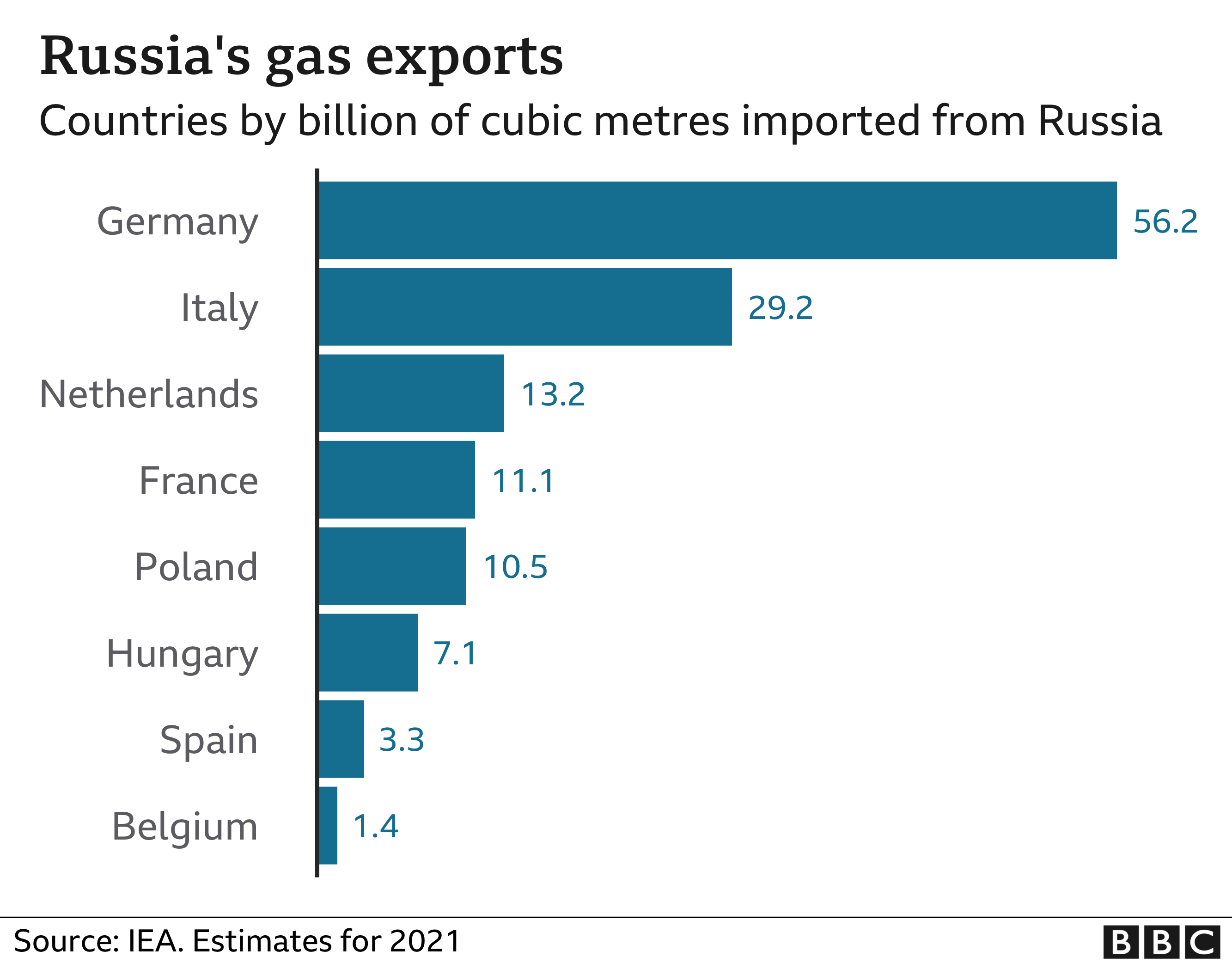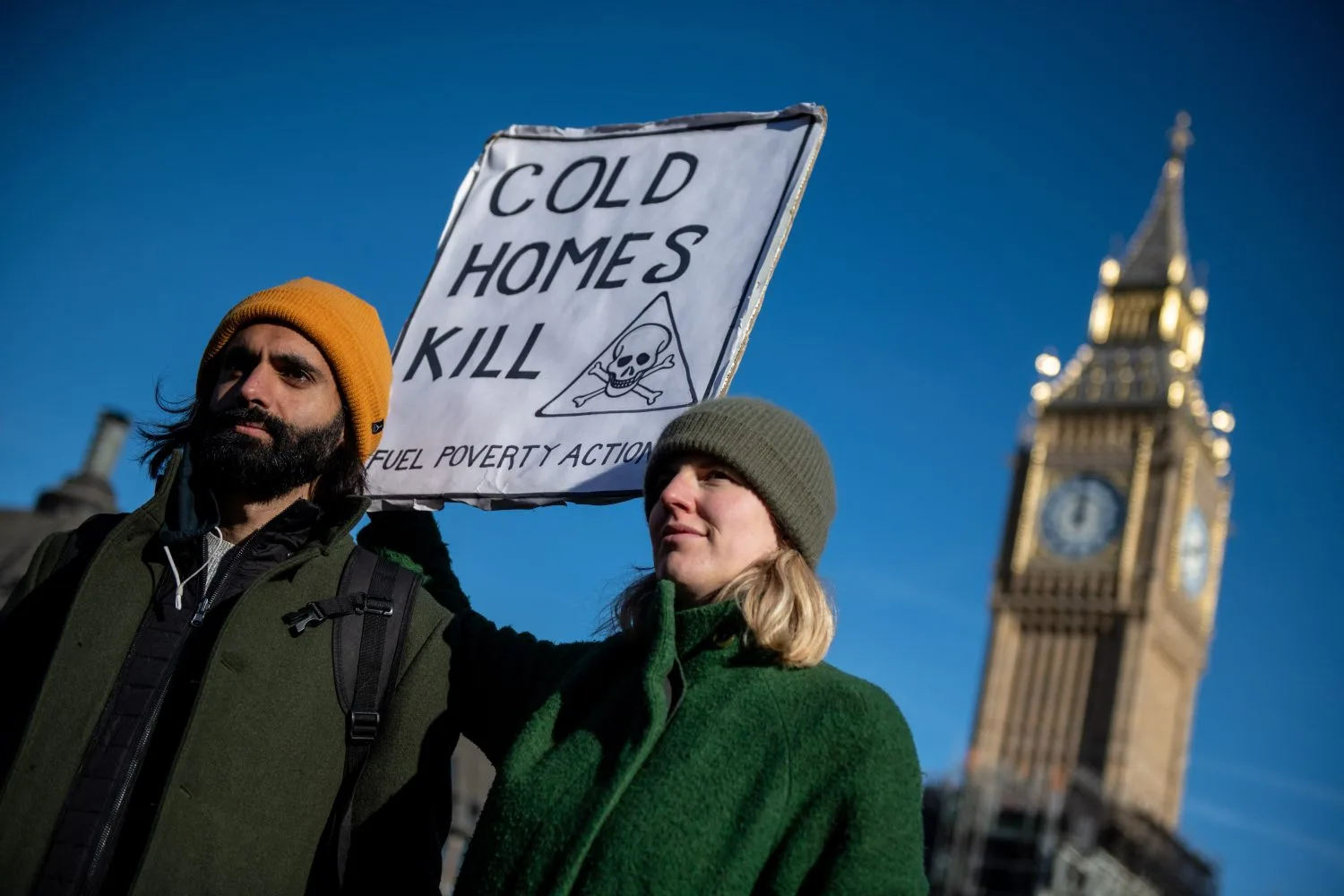By Sofia Mavrou,
At the dawn of 2022, Europe encounters the most pressing energy crisis since World War II. The main reason for the current energy shortage is the friction between Ukraine and Russia. This war appears dimensional; on one hand, it occurs in concrete terms, by bombing areas and killing populations, and on the other hand in financial terms, by having Russia stonewalling Europe countries with respect to gas, and in reprisal, Europe is imposing a slew of economic sanctions on Russia.
The impact of such practices compels European countries to secure alternatives and efficacious solutions so as not to find themselves striving for inalienable rights, such as food and heat. In August 2022 the EU legislated that each member is committed to reducing their gas demand by 15%, based on their average consumption in the last five years, starting on August 1 2022 until the 31 of March 2023 by implementing policies of their own choice.
Germany, one of the most dependent countries on Russia’s imports, did not waste a minute and passed an Energy Saving Ordinance which initially applies for six months from September 1, 2022, to the end of February 2023. Since Germany cannot pause its industrial consumption of gas and oils, measures which are included deal with conserving energy from daily activities whenever possible; public buildings and monuments have to go dark at 10 pm, the temperature in offices will be limited to a maximum of 19 degrees, and in places where heavy physical work is performed, temperatures will be even lower in the future. Indeed, the restrictions do not apply to social facilities (hospitals, childcare centers, etc.).

In 2017 the IOBE (Foundation for Economic & Industrial Research) carried out a survey that revealed that 66.5% of the energy consumed in Greece comes from imports of oil and gas. So, when 2/3 of the energy is imported, the term energy dependency is rather mild. Allow me to use the term “energy sub-ordination”.
Under this predicament, on the 7th of September 2022 Greece’s Minister of Environment, Kostas Skrekas announced that from now on every public service must consult an energy specialist to figure out an energy-saving plan, switch their air conditioner to environmentally friendly mode and assign to an employee per floor to be the last to leave in order to check if everything is deactivated. Lastly, adjustments on the streets lightning need to be arranged.
In Thessaloniki, the Trade Association of Thessaloniki suggested that it would be effective if there was a diminution in the working hours, so as to cut back energy. The recommended shifts are; Monday, Wednesday: 10.00 am-4.00 pm and Tuesday, Thursday, and Friday: 10.00 am-7.00 pm, starting on Monday the 10th of October 2022. Of course, such actions cannot be imposed given the free competition existing on the market. Nonetheless, the majority of the shops’ owners agreed to abide by this proposal after taking into account that such an action will mark a difference in the electricity bill. This was not the case for the shops in the city center where the stores are more multi-national retail clothing chains, operated by some of the most wealthy families in Europe — not to mention the world — who are not much affected by some additional “zeros” in their bill.

Yet, all these temporary solutions will not succeed in bringing down gas prices. What they succeed in, however, is in wreaking havoc. As the situation becomes more and more crucial, the instinct of survival ranges along society and people seek ways to ensure that the winter waiting around the corner will not be harsh on them. Solar water heating systems are more popular by 68% compared to last year. According to a major marketplace in Greece, Skroutz, the demand for firewood in September 2022 was almost six-fold increased (484%) relative to the demand in September 2021. Reasonably, this high demand leads to an increase in prices. Last winter, a cubic meter of wood was worth 100€ whereas nowadays costs at least €140.
Nearly anything that surrounds the average European functions either with electricity or stems from fuel oils. Vehicles, fridges, clothing, traffic lights, toys, elevators, heating, and beauty products. Suffice it to say the Internet… It is our duty of us to stay awakened and grease the wheels. After all, it is our future that is at stake. We are on an energy diet, but there are no cheating days.
References
-
Energy crisis? It isn’t that we have too little oil and gas. It’s that we have too much. the guardian.com. Available here
- Άμεσα μέτρα για εξοικονόμηση ενέργειας 10% στο Δημόσιο – Κίνητρα, αντικίνητρα και κυρώσεις. cnn.gr. Available here
-
FOUNDATION FOR ECONOMIC & INDUSTRIAL RESEARCH: The Greek Economy. iobe.gr. Available here




